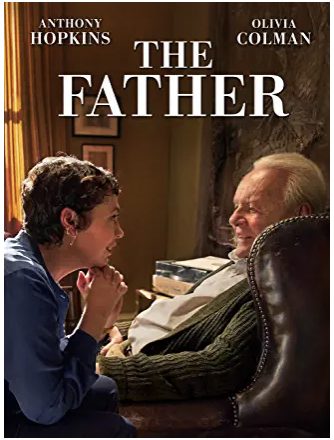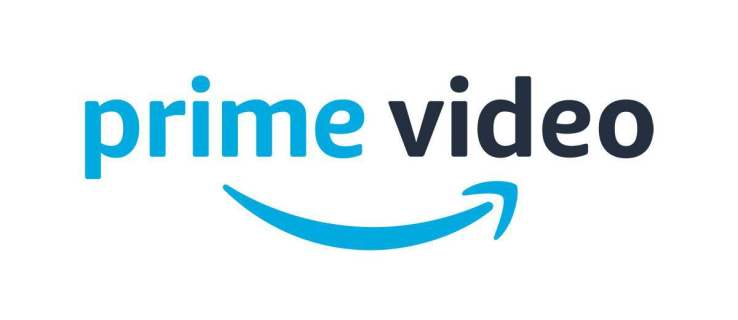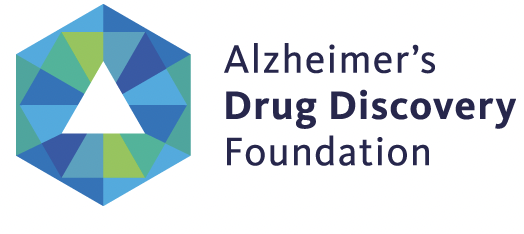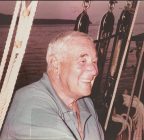A Mind is Terrible Thing to Waste

Small mishaps can shed light on massive problems, as our man discovered when he forgot and left his laptop at home, then stumbled across an epiphany. Tweet
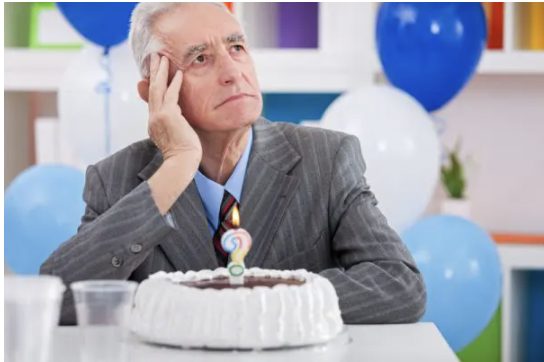
Highlights
Fatal diseases are everywhere around us.
But among the most vicious is Alzheimer's, the soul-stealing degenerative brain malady.
It can make you forget almost anything...
...including the fact that you are still alive on a rock hurtling through space.
I left my laptop at home en route to a three-day business trip to DC.
I realized it stumbling through a TSA check point. Belt and shoes off. Nothing in my pockets. No weapons. Then the instruction to put all electronic devices larger than a cell phone in a separate tray. I reach into my bag. Nothing. Nothing. Donde esta laptop? Ahhh!
I have never blown this! What do I do? How can I go forward? I looked at my iPhone 12 and said, “This is your time to show your value and the value of your platform.” (In fact, I thumbed this piece on it. If you don’t like it, it’s only partly the iPhone’s fault.)
Then a dark cloud followed me down the ramp and onto the plane.
This is not my first travel rodeo. I am a weekly traveler and I have never brain-farted like this. As my family will be attest, I’m special, in that spectrum-y kind of way. I have a drill before leaving the house: spectacles, testicles, wallet, watch, phone. Never have I forgotten my laptop. It’s my money-maker, my digital blankie.
I’m hoping it was just a post-Covid return to travel, some lost bats in my personal belfry. My fear is that it’s a sign of Alzheimer’s disease—which runs in the Shepherd family. Alzheimer’s is the thief in the night I fear most. My Dad had it. His Dad had it. I expect it—although I try to live like an ostrich with regards to the things beyond my control. All five of them. Do I really have it already?
One of the good things about running a publication is that it allows the owner—and particularly an owner-publisher-editor—the opportunity to project their values and priorities on others. Both El Hefe and I have an interest that we want to share with world: Alzheimer’s needs to be beaten!
But, as you know, death comes to us all. In life’s mostly peaceful protest, my very existence could be looted, stolen, trashed any minute. But not all robberies are created equal. There is a range of injury—from the accidental to the intentional to the gratuitous. A heart attack on the pillow at the tender age of 80, after having great sex with your love and partner in life earlier that day—vive Viagra— a fabulous dinner, drink and a laugh with your best friends and your immediate family may be sad but it’s not exactly tragic, or even unfair.
In contrast, Alzheimer’s is just a shit way to die. It should be at the top of any list of the crappiest ways to die, right up there with pancreatic cancer, another grueling tortious grind. It’s a migraine with death as the only relief. It’s second on my list. “The A” is my first.
What is particularly shitty about Alzheimer’s is that it severs a person from the possession of his own soul. It’s a death-eater with no special effects. You are lost to yourself and your family. And when you briefly return, it’s to the ever-weary faces of loved ones.
My father had “The A” but fortunately we only got a taste. (Which was enough!) After my first episode with my Dad, I walked out of his room, my eyes welling and into the arms of my mother.
“Mom, what coming out of his mouth is not him. This is about us. Don’t read anything into what he says. We will figure this out as a family.”
Good news. No, not a miracle cure. But my father—and his family—was spared a horrible, protracted death. Dad died ahead of schedule and beautifully. He escaped the logic of Alzheimer’s. A slip and a fall on some ice, a good night of drinking with yours truly—weeks after the slip and fall—and then then a brain bleed that took him quickly. All done.
It wasn’t until watching Anthony Hopkins’ masterful performance in The Father that I realized how fortunate we were. The gift of the movie—and Sir Anthony’s performance—is that it captured a soul going through the disease through the eyes of the afflicted. Father gives expression to the very real torture of an individual on the rack of this disease. Lost in your own head within the coherence of a bad dream. But unlike your nightmare, you’re incapable of waking yourself up.
I am terrified by the range of my mad-plaque musings.
I don’t know about you, but I am terrified by the range of my mad-plaque musings.
My apologies in advance to my wife and children. They know my range. If I have to drink from this bitter cup, I pray that I am entertaining and not dog-shit awful to those I love more than my life. But I know dog-shit awful is the norm.
Sadly, as we discovered with my father, Alzheimer’s is a diagnosis and a prognosis with no prescription on the immediate horizon. We can change that. We can unleash science so it can mitigate and someday find a cure to this inhumane killer.
We showed what we are capable of doing when we crushed AIDS—turning a death sentence into a manageable, chronic disease Magic Johnson is looking good and living good. And we just did it again by producing a Covid vaccine in record time. It may not be a perfect remedy yet, but it’s miles ahead of what we have for Alzheimer’s.
The moral of the story. When there’s the political will and some cash the commercialization of science for the relief of mankind will always find a way.
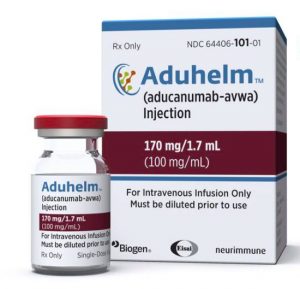
Before Amyvid, research and innovation was stalled because you could not genuinely construct a proper Alzheimer’s trial population. It is thought that 30% of pre-Amyvid trial participants did not have Alzheimer’s diluting the results and blowing the chances of meeting the FDA’s bar of efficacy. The first fruit of this breakthrough is now coming to market. The FDA’s approval of Biogen’s Aduhelm is raising hopes that the first therapeutic step is in view. The end of the beginning may be at hand.
The Lilly and Biogen breakthroughs are the product of intelligent philanthropy working with market players and movers to carry us to a cure. In full disclosure, El Hefe is a generous supporter of the Alzheimer’s Drug Discovery Foundation —which contributed to both innovations and has invested 20 percent in more than 100 other promising therapeutics in clinical trials. The whole world benefits when some smart, rich, and motivated people have the same fears we do. Because they are like us and share our fears, the foundation is deserving of support and attention from all of us.
The path to cure is time and money. Sadly, it takes on average $1 billion and eight years for the first pill. In 2012, Amyvid. In 2021, Aduhelm.
This time can be cut but only if there is enough demand for an accelerated approval process and the right-to-try from the FDA. When enough people care, giving the doctors the utmost freedom to repurpose existing drugs and fast-tracking the approval of new ones can crush the time horizon, saving time, money and lives.
Join us. Don’t forget: We need you.
To reach Guy Shepherd contact: [email protected]
For media enquires contact: [email protected]


